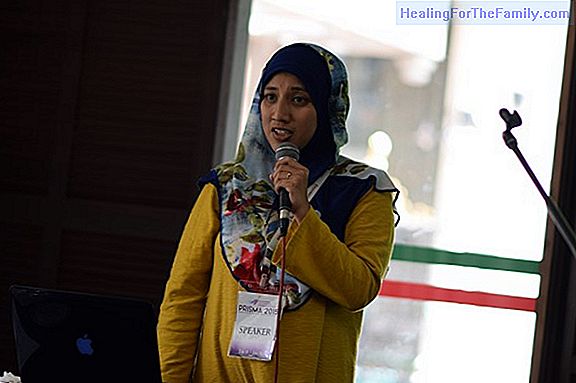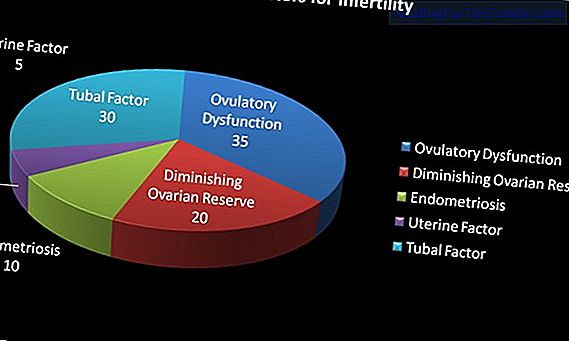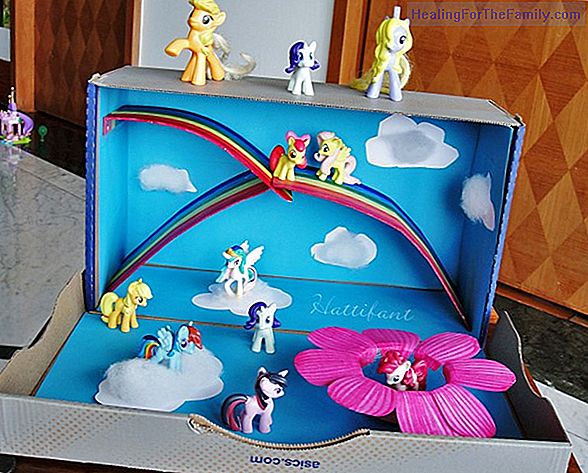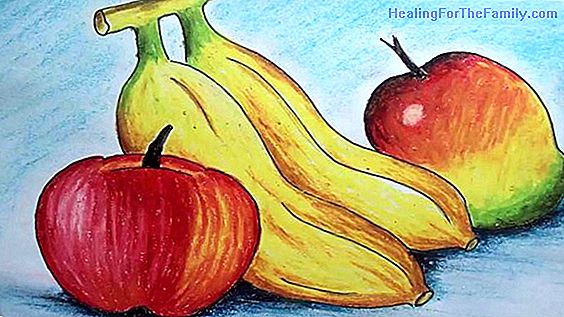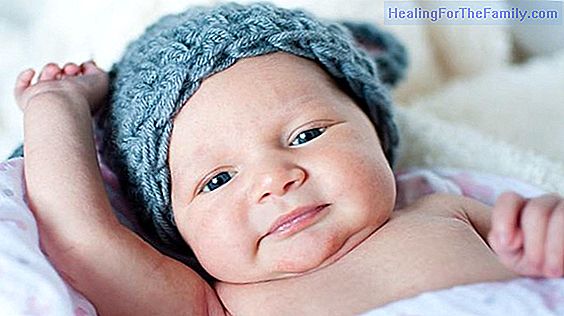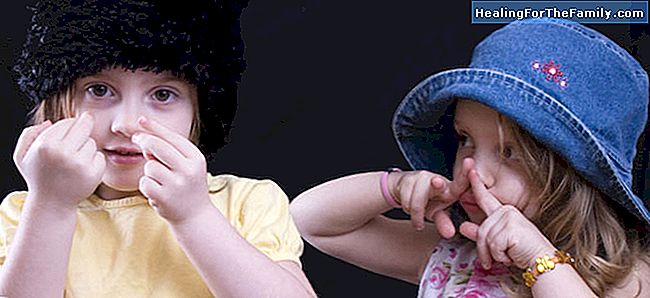How to teach children to accept themselves
The child, from an early age, develops his concept of himself. At two years of age, children begin to grasp the things that are important to their parents, what they expect from them, and their behavior is aimed at obtaining their recognition and affection. At five or six they are worried about what
The child, from an early age, develops his concept of himself. At two years of age, children begin to grasp the things that are important to their parents, what they expect from them, and their behavior is aimed at obtaining their recognition and affection. At five or six they are worried about what others think of them ev and avoid criticism. They are ashamed of their failures and feel very bad when others laugh at them or ridicule them. Children go internalizing many of the attitudes and opinions of people important to them and begin to form their own opinion of themselves.
How does a child see himself?
The image that the child believes that others have of him represents a fundamental role in generating a positive self-concept.

The child seeks recognition and approval from his parents , he loves that his parents feel proud of him. The message we convey to you through how we treat you and what we say is very important and shapes the thoughts and feelings that the child has about their abilities and about themselves, resulting in their level of self-esteem.If the child perceives that he does not achieve as he would like or that does not meet the expectations of his parents or teachers, the result will be a negative self-esteem. Children who can not satisfy the illusions that their parents have about them, unrealistic or idealized, do not question the common sense of their parents but blame themselves, feel unsuccessful and self-reject.
What can we do to give our children a positive self-esteem?
First of all treat them with respect, make them feel they are important, talk to them by looking them in the eye and bending down to their level, taking their opinions into account, listening carefully to know how they think and how they feel, that way we can understand how interpret their reality and validate their feelings.
Embracing them a lot and telling them how much we love them, they have to know and feel that their parents love them as they are and that it does not matter that they sometimes behave badly, they correct them with love because they love them and want the best for them. Separate the behavior of the person, is our son and we want him as he is but there are certain behaviors that we do not approve and we have the responsibility to educate. In short, unconditional acceptance.
The phrase that our children have to hear the most is: "Son, I love you and I trust you". What can we do to make the children accept themselves as they are?
- Between three and four years of age children begin to distinguish the different areas of competence and to understand that certain tasks are given better than others
, also begin to compare with others. The comparison can have painful consequences if the child projects in them the difference between what he would like to do and what he thinks he can do. - Since they are little they have tolearn to tolerate failure
, to accept that there are things that are good for them and others that do not, that many times things do not go as we would like but nothing happens. - We can tell you about our failures and our successes,about the activities in which we were good and in which not so much but which, after all, were not so important for us. In this way we will teach them to rely on their strengths and to accept their weak points, giving them the importance they really have.
- A child may feel bad because he does not score goals by playing football with his classmates but we can value his effort and make him see that maybe he is a good defender or team player. A girl may feel little valued by her peers if she is not very popular but we can show her other positive aspects of herself, she can be good in certain sports or subjects, be cheerful or fun.


